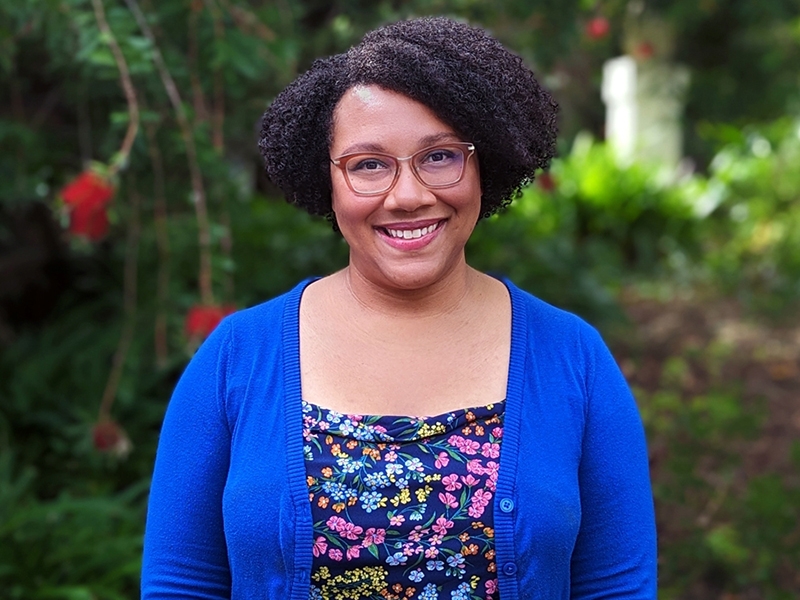How do white individuals perceive racially biased behaviors, and what happens when they reflect on their racial biases?
Sylvia Perry, a Northwestern University associate professor of psychology, is a leading researcher in racial bias awareness. She will share her research with the U of A community in an upcoming colloquium titled "The Development of Racial Bias Awareness."
This presentation is hosted by the Department of Psychological Science Diversity Committee and will be held at 4 p.m. on Thursday, Oct. 19, in Graduate Education Building room 343.
With the current talk, Perry will share her research on racial bias awareness — a measure of white individuals' awareness and concern about their racial biases toward Black individuals. Specifically, she will discuss, first, how racial bias awareness relates to White individuals' reactions to evidence of personal and other people's racial biases and, second, how bias awareness relates to white individuals' willingness to discuss race and racism with others.
Finally, she will discuss newer work on how bias awareness is associated with how white parents socialize their children about race and racism and how their socialization practices might affect their white children's attitudes toward Black children.
Perry received her M.A. and Ph.D. in social psychology at the University of Illinois at Chicago and was the SAGE Sara Miller McCune Fellow at the Center for Advanced Study in the Behavioral Sciences at Stanford University. Perry has earned several awards for her teaching and research, and her work has been funded by national organizations such as the National Institute of Child Health and Human Development, National Institute for Minority Health and Health Disparities, and the National Heart, Lung, and Blood Institute.
Perry's current research focuses include:
- Individual differences in people's awareness of their racially biased tendencies,
- The situational and individual factors that influence parents' willingness to have race discussions with their children and
- The impact of medical school racial climate on medical student and patient outcomes.
For more information, please contact Kori Kent at kkent@uark.edu.
Topics
Contacts
Kori Kent, project coordinator
Department of Psychological Science
312-479-8426,
